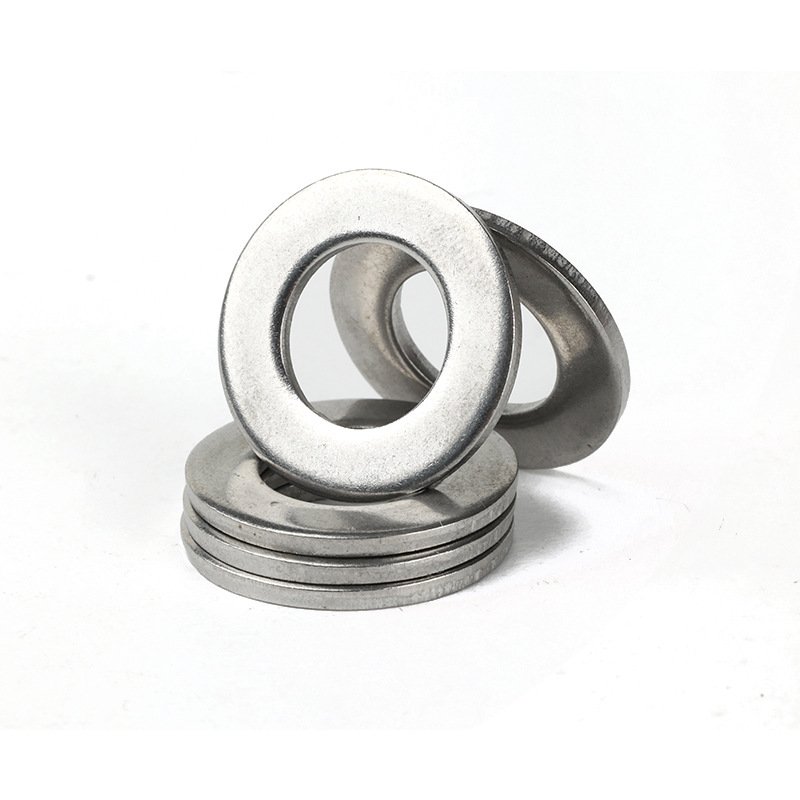

extra thick washers
сеп. . 28, 2024 15:29 Back to list
extra thick washers
Understanding Extra Thick Washers A Comprehensive Guide
In the realm of engineering and construction, every component plays a vital role in ensuring the integrity and stability of structures. Among these components, washers are often overlooked, yet they are critical to the effectiveness and durability of bolted connections. This article delves into the significance of extra thick washers, their applications, and the advantages they offer in various industries.
What Are Extra Thick Washers?
Extra thick washers are essentially larger and thicker versions of standard washers. They are designed to provide enhanced load distribution, improved alignment, and increased resistance to deformation under stress. Typically made from materials like steel, stainless steel, and plastic, these washers come in various dimensions to accommodate different bolt sizes and applications.
Applications of Extra Thick Washers
1. Construction In construction, extra thick washers are commonly used to secure bolts in steel beams, columns, and frames. Their ability to distribute loads evenly prevents bolt failure and maintains the stability of structural components.
2. Manufacturing In manufacturing settings, these washers play a crucial role in machinery assembly. They help maintain the alignment of moving parts and prevent wear by reducing friction between components.
3. Automotive Industry The automotive industry utilizes extra thick washers in various applications, including securing engines, suspensions, and chassis components. Their durability ensures that critical parts remain intact even under high stress and vibration.
extra thick washers

4. Aerospace In aerospace engineering, extra thick washers are vital for maintaining the integrity of high-stress connections. They are used in aircraft fuselages, wings, and other critical components, where failure could lead to catastrophic results.
Advantages of Extra Thick Washers
1. Enhanced Load Distribution One of the primary benefits of extra thick washers is their ability to distribute load more evenly across the surface area. This reduces the likelihood of concentrated stress points, which can lead to bolt failure or damage to the assembled components.
2. Increased Durability The thicker material of these washers provides increased resistance to deformation and wear. In environments where high torque is applied, using extra thick washers can significantly extend the lifespan of both the washer and the bolt.
3. Improved Stability By providing a larger surface area, extra thick washers help maintain the stability of bolted joints, reducing the chances of loosening due to vibration or thermal cycling.
4. Versatility These washers are available in a range of materials and sizes, making them suitable for a variety of applications, from lightweight assemblies to heavy-duty industrial use.
Conclusion
Extra thick washers may seem like simple components, but their importance cannot be underestimated. By ensuring load distribution, enhancing durability, and providing stability in crucial applications, they play a fundamental role in the integrity of structures and machinery across various industries. Whether in construction, manufacturing, automotive, or aerospace, using the right kind of washer can make a significant difference in performance and safety. As engineering standards continue to evolve, the reliance on such small yet mighty components will undoubtedly grow. Proper selection and application of extra thick washers will remain a cornerstone of effective engineering practices.
Latest news
-
Premium Fasteners Manufacturer | AI-Driven Solutions
NewsAug.01,2025
-
Hot Dip Galvanized Bolts - Hebei Longze | High Strength, Corrosion Resistance
NewsAug.01,2025
-
High-Strength Hot Dip Galvanized Bolts - LongZe | Corrosion Resistance, Custom Sizes
NewsAug.01,2025
-
Best Self Tapping Screws for Drywall - Fast & Secure Installation
NewsJul.31,2025
-
High-Strength Hot Dip Galvanized Bolts-Hebei Longze|Corrosion Resistance&Customization
NewsJul.31,2025
-
Hot Dip Galvanized Bolts-Hebei Longze Metal Products|Corrosion Resistance&High Strength
NewsJul.31,2025

